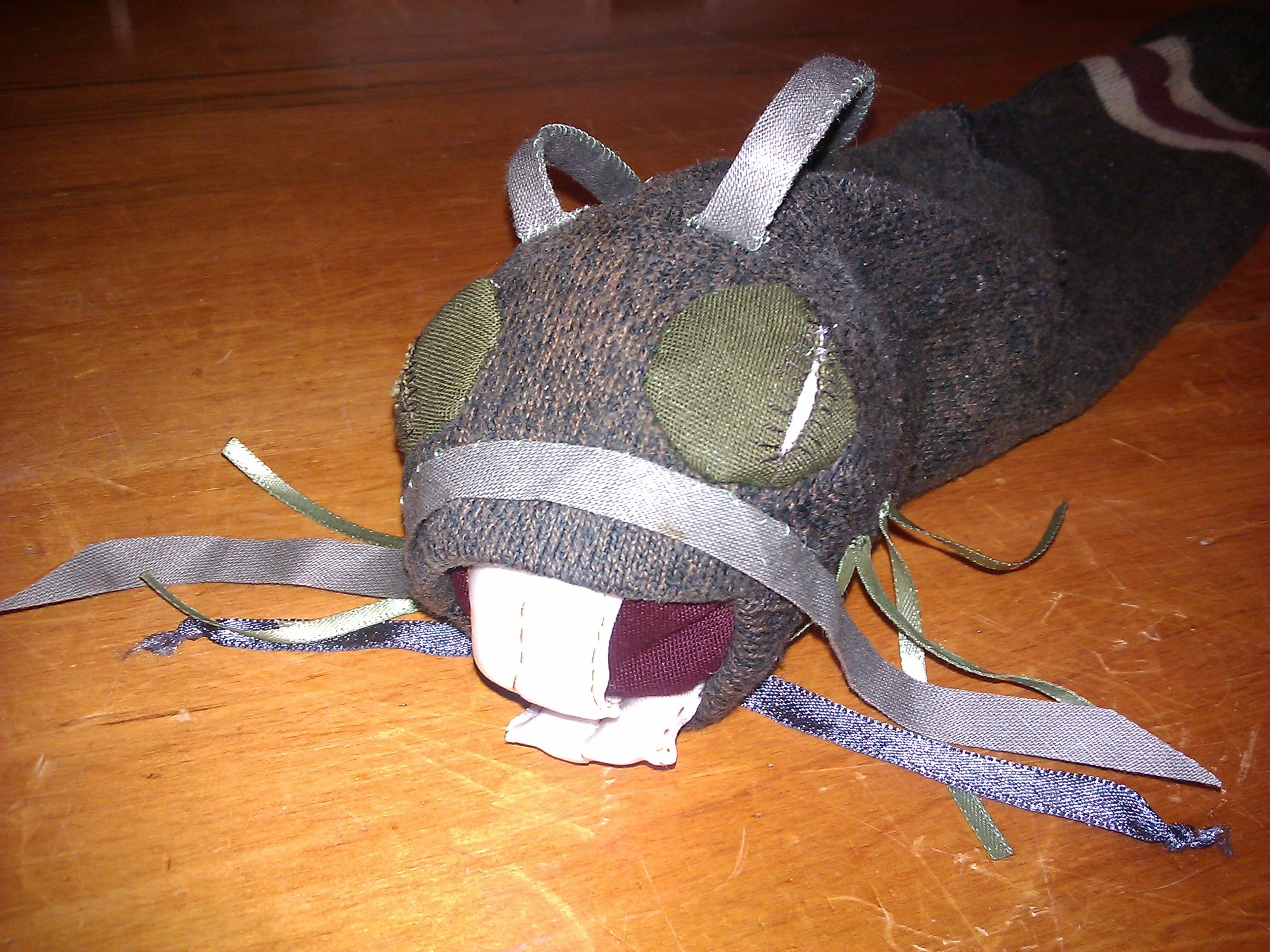I’m having trouble sleeping. (Sleep? Sleep? I couldn’t sleep tonight…)
I could have danced all night – the cinquepace, perhaps, although the mazurka somehow seems more appropriate for midnight dashings – but I am afraid the crashing noises would keep more than myself awake.
The problem isn’t so much that I don’t sleep. The problem is more that my brain doesn’t flick the on/off switch – which is to say the un/conscious switch – until I’ve been lying in bed for an hour or two*. Which is a waste of perfectly good consciousness.
After taking the questionnaire which recommended a 12:30 a.m. bedtime, I had the brainwave of spending that hour or two reading or knitting.
For each solution, a new problem. I have yet to master either reading or knitting in the dark, and keeping the light on kept the Caped Gooseberry awake – and no-one is recommending a 12:30 a.m. bedtime for him.
For each problem, a new solution. I used the candle-lamp of my ancestors, which provides enough light for me to read or knit by, but little enough that the Caped Gooseberry can go to sleep.
And this is where my dastardly brain pulled the ace out of its sleeve: I don’t go to sleep until an hour or two after the light is out.
It doesn’t matter how deliciously sleepy I get with the candlelight flickering on the page, how about-to-lose-consciousness I feel, once I take off my glasses and blow out the candle, my mind knuckles down to the serious business of the night: Think About All The Things!
Well played, brain. The ball is in my court, and… I got nothin’. I already refrain from drinking tea after mid-afternoon, I have a milky drink at 8:30 p.m., turn off things with screens, follow a wind-down routine…
What more can I do? Relight the candle and keep reading? Find a copy of Virgil’s Aeneid, books 7-12, aka The Most Boring Thing Ever Written? Send a flock of neural sheep trotting one by one from parietal lobe to occipital lobe?
Do you ever have problems sleeping? What do you do? Do you know of any books more boring than the second half of the Aeneid? Please share below!
*My method of estimating duration of wakefulness without looking at bright cellphone screen for time: take ‘how long it feels I’ve been awake’ and divide by two.











